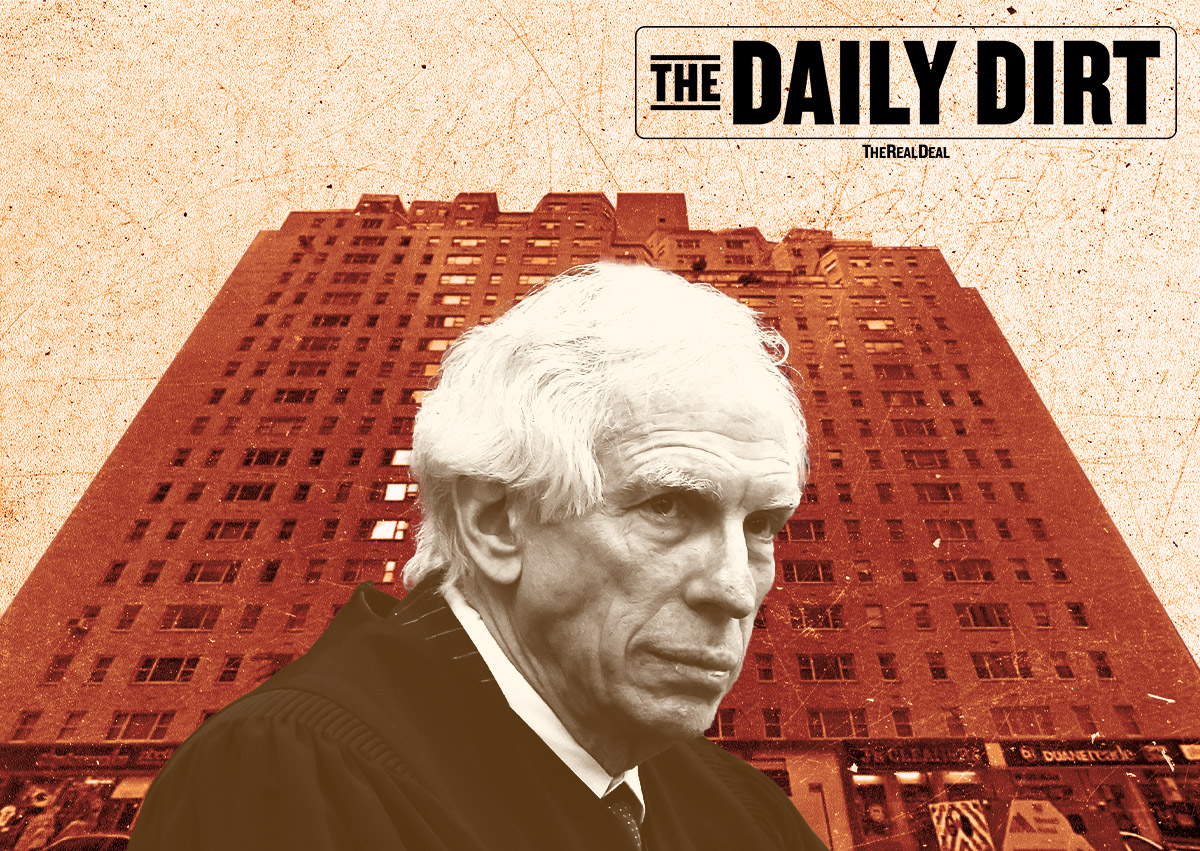R
esidents of 100 West 57th Street, known as Billionaires' Row, are portraying themselves as victims of the city's housing crisis despite owning apartments at a fraction of their worth. The co-op shareholders are suing to stop an arbitration process that could reset the ground rent from $4 million to $40 million per year. However, this increase is not unexpected, as CBRE marketed the ground in 2014 with a likely reset to nearly $40 million by 2025.
The Carnegie House co-op shareholders claim they cannot afford their co-op dues if the ground rent increases, but many units have sold for under $300,000 and some for less than $100,000 since 2019. The shareholders are also lobbying in Albany to pass a bill preventing large rent increases of ground leases. However, this would essentially suspend the laws of economics that allowed them to benefit from low property values.
The housing crisis is real, but Billionaires' Row is not a good place to start looking for victims. Property values on the street have skyrocketed since 2014, and the shareholders are fighting against an increase they should have anticipated. They don't own the land, which is why their units cost so little, and now they want to pass a law to prevent large rent increases.
In other real estate news, office occupancy is improving as leases are being signed and new space is not being built at the same rate. The market achieved positive absorption last quarter for the first time in two years, with only 7.8 million square feet of new space delivered. This has slowed the rise in vacancy rates.
Developers also plan to build less office space in the near future, with only 50.3 million square feet in the active development pipeline, the lowest since the Great Recession. New Jersey has one of the worst ratios of charging stations to electric vehicles registered in the state, while Wyoming and North Dakota have some of the best.
A survey by a UK tenant app found that apartment hunters are aware that landlords can charge more rent when competition for units intensifies. The main reasons applicants failed to secure a place were that the property was taken before they applied or that others had caused the rent to increase beyond what they could afford.














